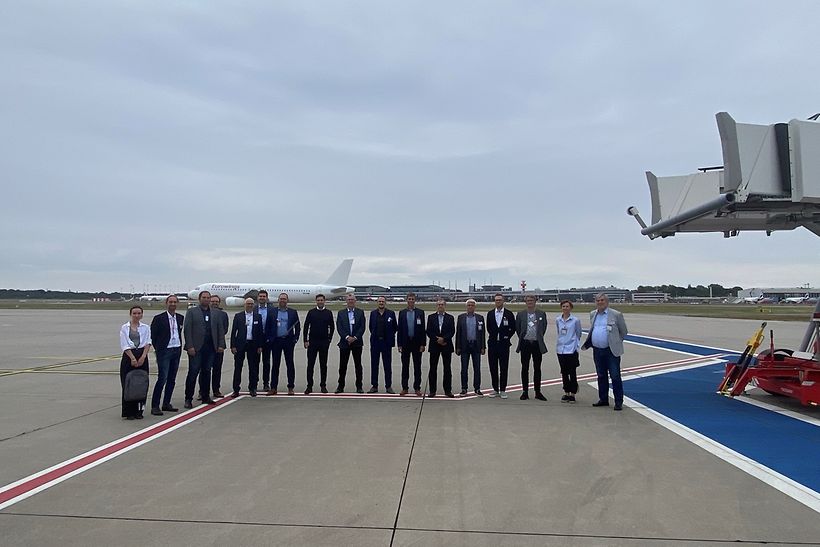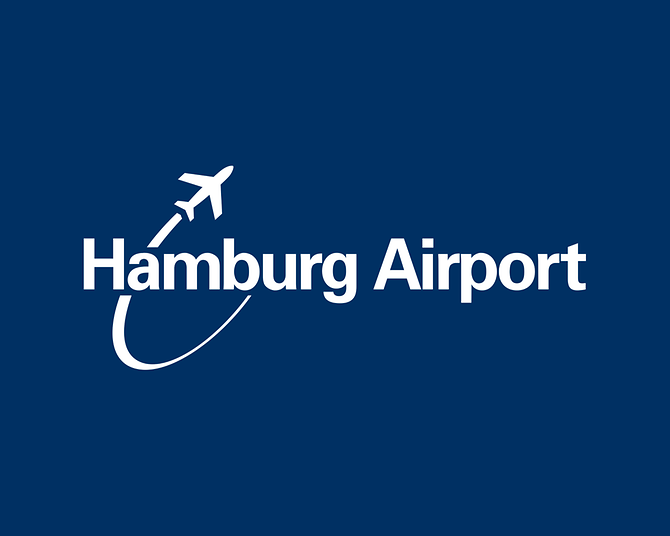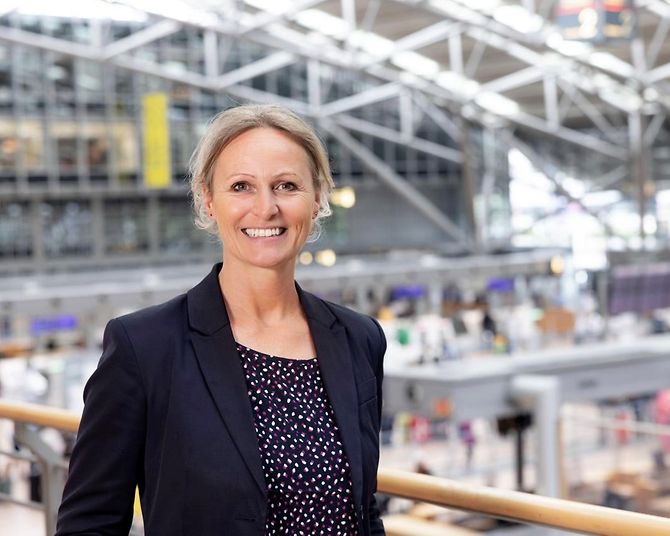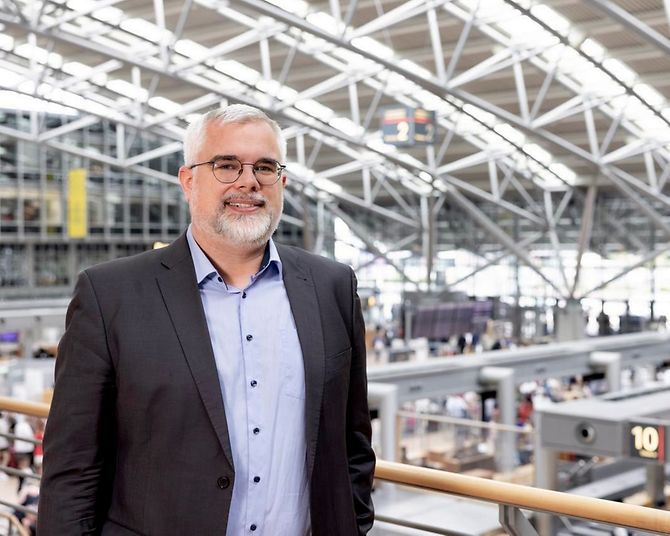Hamburg Airport initiates "Baltic Sea Region Project"
Network aims to connect Baltic Sea regions via hydrogen aviation
Airports and partners join forces to drive sustainable flying / Bidding for EU funding
08.05.2023
Hamburg Airport is driving hydrogen-based aircraft development and aims to become a hydrogen hub in the regional air transport sector. As its latest project, Hamburg Airport has set up a consortium with partners and is applying for EU funding within the interreg program. The international project partnership has submitted a funding application for the planned project "BSR Hydrogen Air Transport -Preparation of Baltic Sea Region Airports for Green Hydrogen". Under the leadership of Hamburg Airport, various airports, airfields, organisations and regional economic partners have joined forces in the "Baltic Sea Region Project" to better connect rural Baltic Sea regions to existing aviation hubs and to promote sustainable flying.
The EU funding programme "Interreg Baltic Sea Region Program" has announced several thematic fields. As the initiator, Hamburg Airport applied for funding with a consortium in the thematic field of "Green Mobility". Important contents of the "Baltic Sea Region Project" are the development of the supply chain for green hydrogen from production to the fuelling of aircraft or airport ground support equipment, as well as test operations.
The partnership consists of 16 project partners and 24 associated organisations. Almost all major airport operators around the Baltic Sea are part of the partnership, e.g. Finavia, Swedavia, Lithuanian Airports, Riga Airport, Tallinn Airport. The project development and application was initiated by Hamburg Airport, the lead partner of the partnership. As the project aims, among other things, at revitalising regional air traffic, several smaller airports and regional airlines are also involved in the partnership. Relevant technology providers, universities and authorities are also partners or associated organisations. In Germany, Sylt Airport, Sylt Air, Lübeck Air and Lübeck Airport are project partners. In addition, there are the following associated organisations: Ministry of Economics, Transport, Labour, Technology and Tourism of Schleswig-Holstein (MWVATT), Hamburg Aviation e.V., ZAL Centre for Applied Aviation Research, Hamburg Authority for Economics and Innovation (BWI).
In case of a successful project application and selection for funding, the project could start in autumn 2023. The transnational cooperation is planned for a duration of three years and will be an important step towards fossil-free flying in the Baltic Sea region.
Especially for smaller aircraft: hydrogen as the engine of the future
Jan Eike Hardegen, Head of Environment at Hamburg Airport: "H2 offers great potential for climate-neutral flights on short-haul routes. From our partners' point of view, regional air transport with smaller, future hydrogen-powered aircraft is particularly suitable. Gaseous hydrogen is the propulsion of the future especially for smaller regional air transport aircrafts, such as turboprops with 20-30 seats." These aircraft can also be used to connect more rural regions of the Baltic Sea countries according to demand. Therefore, the primary goal of the newly founded Baltic Sea Region Project is to bring the airports in the Baltic Sea region up to standard for hydrogen-based aviation.
The project aims to clarify the prerequisites for an airport infrastructure that is geared towards H2-powered aircraft. At the end of the project, all airports should be prepared to invest and implement their infrastructure projects on their own. At the end, a real demonstration flight with a hydrogen-powered aircraft is planned from Hamburg Airport. With this project, Hamburg Airport wants to work out the possibilities of regional air transport in H2 technology. In addition to this development aspect, a completely new network of flight connections is to be opened up.
Net Zero 2035: Hamburg Airport supports climate-friendly flying
With its climate strategy "Net Zero 2035 - Now. For the Future", Hamburg Airport aims to reduce the airport city's greenhouse gas emissions to zero by 2035 - as the first major airport in Germany to do so. In addition, Hamburg Airport supports air traffic on its way to a CO2-free future. The goals of Net Zero 2035 include active support for research and development: the "Baltic Sea Region Project" is an example of how alternative propulsion options can further advance aviation in the field of climate-friendly flying.
Contact persons for journalists / media
-
Telefon:
+49 (0)40 5075 3611E-Mail:
presse@ham.airport.de -
Telefon:
+49 (0)40 5075 3615E-Mail:
kbromm@ham.airport.de -
Telefon:
+49 (0)40 5075 3680E-Mail:
jniemeyer@ham.airport.de -
Telefon:
+49 (0)40 5075 3671E-Mail:
pwolf@ham.airport.de




